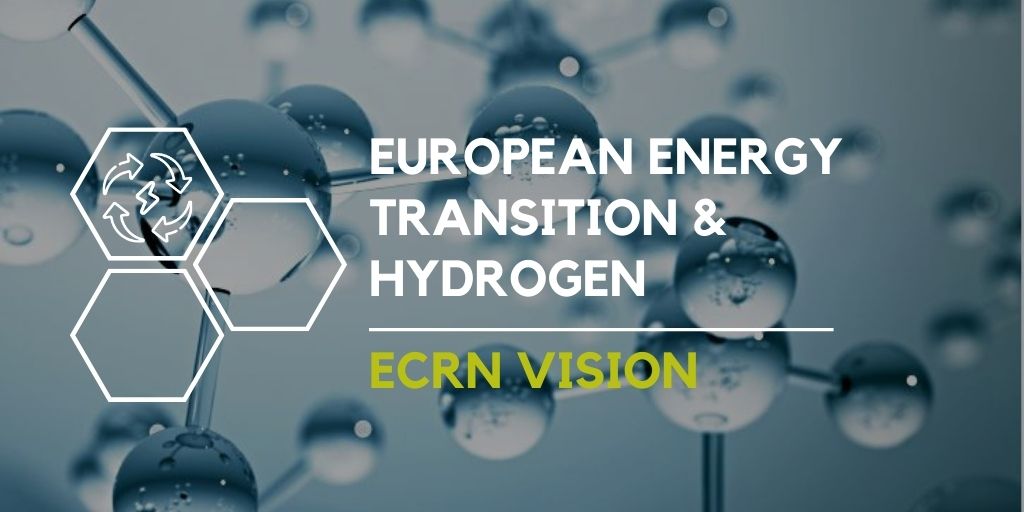As recognised by the EU Hydrogen Strategy, renewable hydrogen is a key component for success in Europe’s energy transition. Hydrogen has various applications across industries and economic sectors and it can be used as a feedstock, fuel, or an energy carrier and storage. Most importantly, it is essential to decarbonise energy-intensive industries and to phase regions out of coal or natural gas, without jeopardizing economic growth, the competitiveness of our companies, or our social prosperity.
ECRN is pleased to see that the decarbonisation of the chemical industry is at the heart of Europe’s future hydrogen economy. The network fully supports the envisaged energy sector integration and invites the EU Commission to keep up its ambitions and investments in those key-value chains which are crucial for our future resilience and strategic autonomy, such as the sustainable chemical industry.
Building a fully functional European hydrogen economy will require a supply chain approach. Europe’s climate neutrality will depend on the availability and affordability of renewable energy. Thus requiring investments in innovative clean technologies, such as electrolysers for hydrogen production, and hydrogen infrastructure to green its most polluting sectors and become a world leader in hydrogen technology.
Several ECRN regions have already committed to clean hydrogen solutions: they are working on the creation of electrolysis plants and financing cross-border investment projects to increase interregional collaboration, align climate-energy policies and boost innovation and competitiveness of the chemical sector.
We believe that the EU should give extra support to those regions that are making the transition from the production of fossil fuels to alternative fuels. The EU should recognize the important role of regional and local authorities in the energy transition and allocate more resources to support innovative energy projects, from large-scale interregional projects to small-scale initiatives at the local level. Regions should have a greater role in European energy governance to ensure that decisions are taken considering the impacts they will have on the ground.



